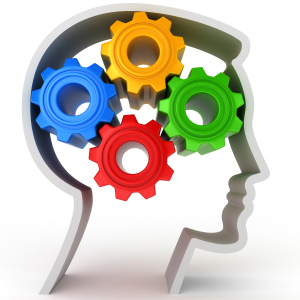
The study is published online in the journal JAMA Psychiatry.
The finding is of particular concern because individuals with severe mental illness are more likely to die younger than people without severe psychiatric disorders.
"These patients tend to pass away much
younger, with estimates ranging from 12 to 25 years earlier than individuals in
the general population," said first author Sarah M. Hartz, MD, PhD,
assistant professor of psychiatry at Washington University.
Heart disease and cancer
"They don't die from drug overdoses or commit suicide – the kinds of things you might suspect in severe psychiatric illness. They die from heart disease and cancer, problems caused by chronic alcohol and tobacco use."
Read: What is severe mental illness?
The study analysed smoking, drinking and drug use in nearly 20 000 people. That included 9 142 psychiatric patients diagnosed with schizophrenia, bipolar disorder or schizoaffective disorder – an illness characterized by psychotic symptoms such as hallucinations and delusions, and mood disorders such as depression.
The investigators also assessed nicotine use, heavy drinking, heavy marijuana use and recreational drug use in more than 10 000 healthy people without mental illness.
Regular smokers
The researchers found that 30% of those with severe psychiatric illness engaged in binge drinking, defined as drinking four servings of alcohol at one time. In comparison, the rate of binge drinking in the general population is 8%.
Among those with mental illness, more than
75% were regular smokers. This compares with 33% of those in the control
group who smoked regularly.
There were similar findings with heavy marijuana use: 50% of people with psychotic disorders used marijuana regularly, versus 18% in the general population. Half of those with mental illness also used other illicit drugs, while the rate of recreational drug use in the general population is 12%.
Read: Drinking affects the mental health of an unborn child
"I take care of a lot of patients with severe mental illness, many of whom are sick enough that they are on disability," said Hartz. "And it's always surprising when I encounter a patient who doesn't smoke or hasn't used drugs or had alcohol problems."
Hartz said another striking finding from the study is that once a person develops a psychotic illness, protective factors such as race and gender don't have their typical influence.
Read:
• Smoking/drinking combination speeds up mental decline
• Steroids bad for mental health
• Second-hand smoke may affect kids' mental health




 Publications
Publications
 Partners
Partners









